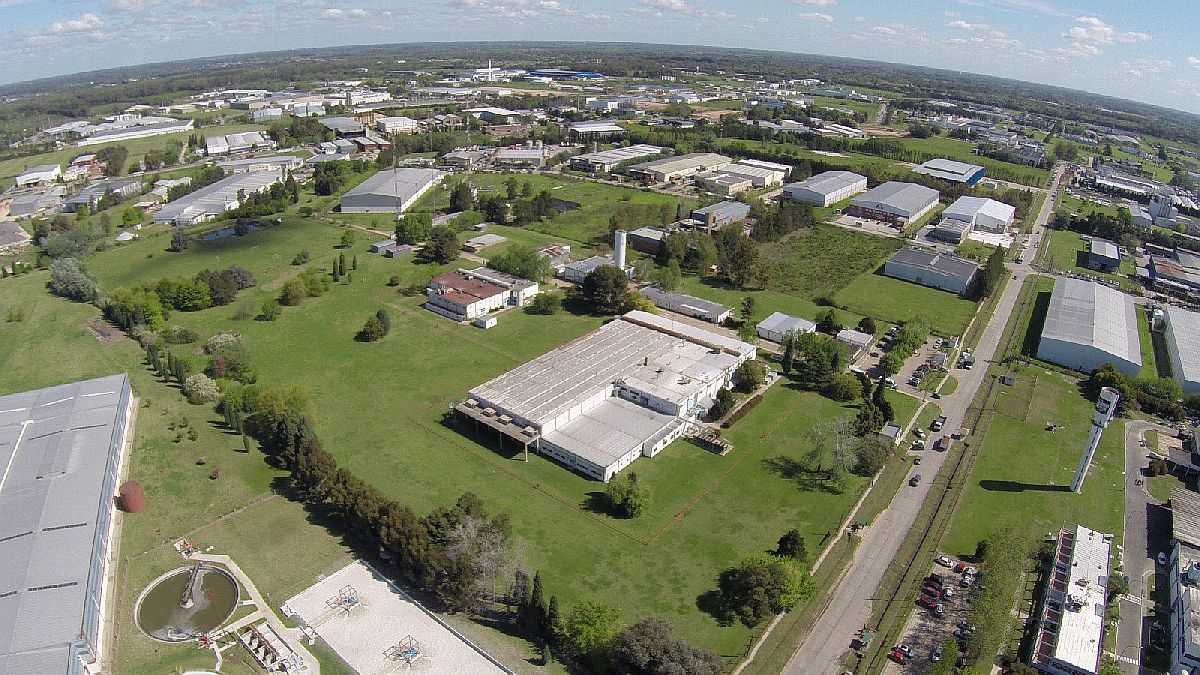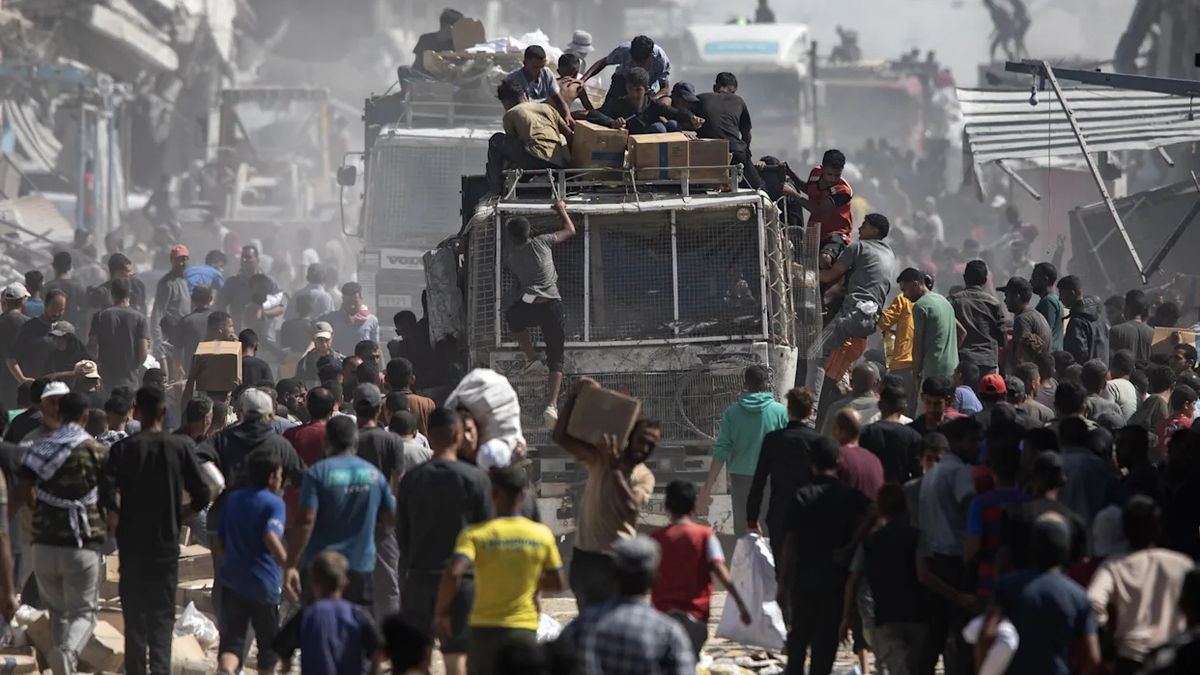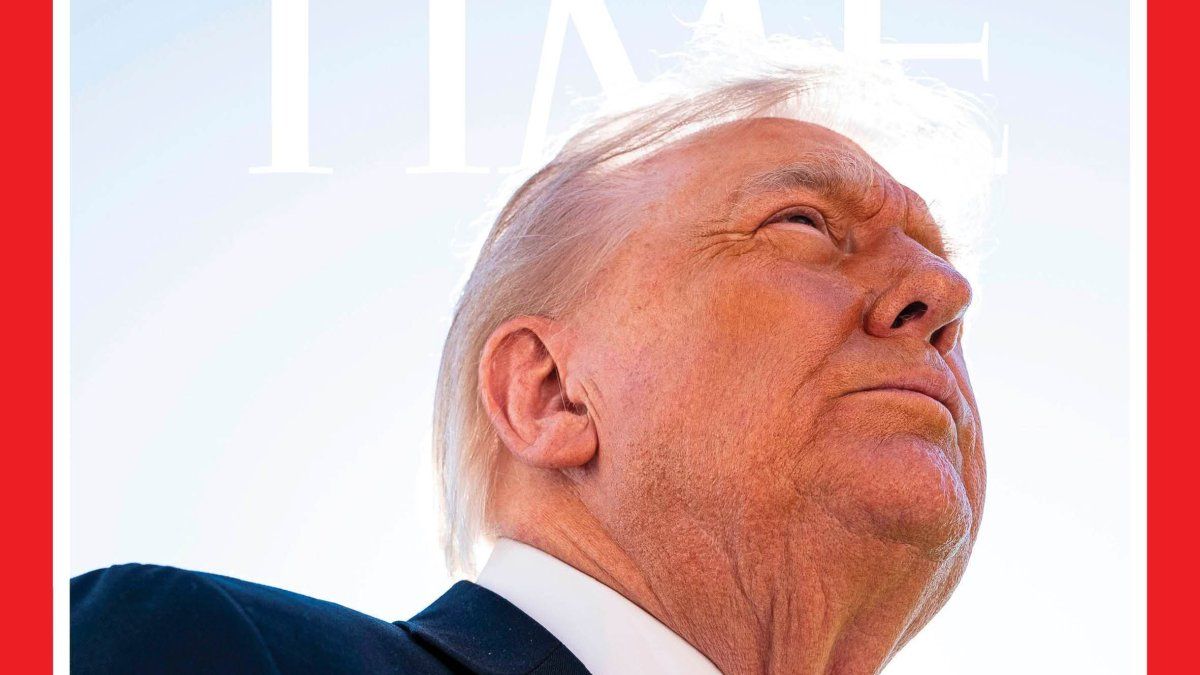With a total of 650 industrial parks nationwide, of which 202 are located in 111 Buenos Aires municipalities, these spaces concentrate 25% of the domestic market. Attracted by the expansion opportunities that these clusters offer, more and more SMEs choose to relocate to them, whether in the interior of the province, where 60% of the establishments are located, or in the metropolitan area, which houses the remaining 40%.
“For this reason, we accompany each municipality or town that tries to invest in infrastructure, because it is key to the development of these sectors that bring together a large number of Buenos Aires companies and SMEs. This production support policy collaborates in generating conditions of greater competitiveness and synergy between companies,” complete.
Augusto Costa.jpg
The Minister of Production, Science and Technological Innovation of the province of Buenos Aires, Augusto Costa.
From the Executive Branch they explained that Arriba Parques is a long-term policy that has already financed important works, such as the sewer drainage system in the grouping of the municipality of La Costa, where they sought to put an old fish treatment plant back into operation. ; the electrical infrastructure works in Tornquist as in Laprida, which allowed increasing electrical power and improving access conditions for new industries; or the construction of internal roads in the Bahía Blanca Park that allowed new companies to settle on lots that did not have adequate access.
The province also made progress in recent years in the formalization of parks that were already installed, but were not formally registered. Currently, there are still cases in which industries were established in a planned manner with those that developed spontaneously, and did not form the groups within the framework established by law.
The advantages
In addition to enabling productive activity under formal conditions, the establishment of industries without adequate planning can produce various negative consequences for the population, particularly in areas close to cities and urban centers; the establishment of clusters in a planned manner generates social and economic benefits.
The parks provide a context of legal security, infrastructure and provision of services so that the entrepreneur can produce.
Other notable advantages are the correct use of the soil, the safety of the property and surrounding areas (due to the availability of services and infrastructure for fire prevention, the proper handling of hazardous materials, or pollution control) or even the reduction of logistics costs, the link between producers, as well as the availability of organizations and entities specialized in technical and technological assistance for production and training of human resources.
In that sense, Costa explained that “having an industrial park policy is something that the provincial government proposed as soon as it took office, since it is a very important step for industry and production.”
“Industrial parks allow companies to develop economies of scale with important benefits in terms of infrastructure and logistics,” The official indicated and pointed out that “regularizing the situation of industrial parks is essential for the economic reactivation of the province.”
P13 – Kicillof_opt.jpeg
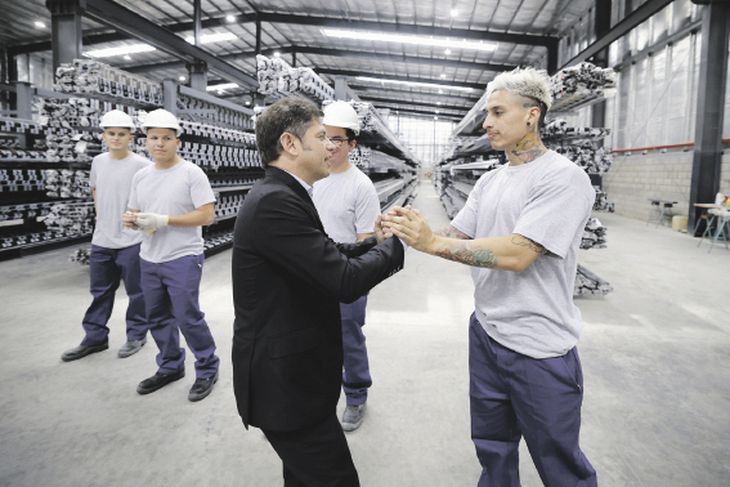
Axel Kicillof, during a visit to the Florencio Varela industrial park.
In the Buenos Aires territory there are currently 95 groups with a final approval decree and another 107 that must complete their processing. In total, there are 202 industrial groups, and the Executive Branch stated that they are working to increase that number.
Since he began his administration, Kicillof signed and delivered eleven decrees to regularize groups, nine of them for the creation of new parks, and two for expansions. These are the Ezeiza Industrial Park, the Moreno 1 Industrial Park, the Julio Steverlynck Luján Industrial Park, the San Martín Mixed Planned Industrial Sector, the Ruta 25 Industrial Park of Moreno, the Norte Industrial Park of San Nicolás, the Ruta 6 Industrial Park of Exaltación de la Cruz, Norlog Industrial and Logistics Platform of Tigre, Varela 2 Industrial Park of Florencio Varela and the expansions of the Olavarría and Cañuelas Industrial Park.
Having the provincial decree of final approval implies having the definitive authorization to operate regularly and with the necessary infrastructure for the proper functioning of the installed companies.
From that moment, the lots can be deeded, which is relevant for companies that wish to obtain credits or join national and provincial programs that benefit SMEs and the sector in general.
In the Executive Branch they stressed that the policy of promoting and strengthening industrial clusters is one of the “fundamental” tools for productive development in the province of Buenos Aires.
“Territorial planning through the location of industries in industrial clusters, which are properties enabled for this purpose and which entails many benefits for companies, is one of our axes of work in relation to the industry,” they pointed out.
The thing is that industrial groups at the same time allow links with companies that produce goods and services, with union entities and with municipal, provincial and national governments.
“We work to generate the necessary tools so that the groups can regularize their situation, carrying out all the necessary procedures to complete the procedures, providing technical assistance for the groups and for the companies that are based in them,” described in the government, and stated that they understand that this is the way “to consolidate effective territorial planning throughout the Buenos Aires territory.”
Since December 2019, 65 new projects to create parks were presented, surpassing the projects that were started in the four years of the previous administration, when there were 31; and 44 previous provisions were approved, almost doubling the 23 signed during María Eugenia Vidal’s mandate.
textile industry.jpg
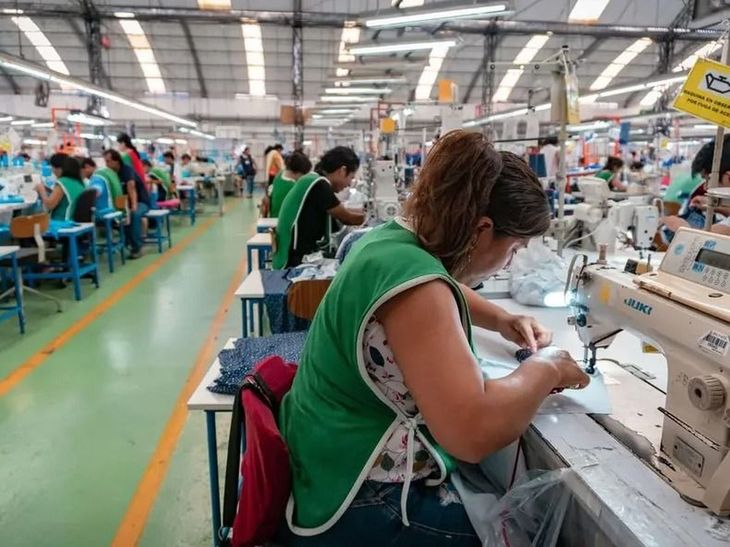
The Province implemented the Arriba Parques program.
If the new projects initiated are considered (those that do not yet have prior provision), the distribution of industrial clusters reaches 122 of the 135 Buenos Aires municipalities. Among the objectives of the Kicillof government is that by the end of its mandate there will be an industrial group in each of the 135 districts that make up the territory.
However, the provincial government recognizes that budget restrictions, especially in the interior, could slow down the development of industrial parks, given that many initiatives depend on municipal public funds. “Obviously the crisis has an impact, and it does so to a greater extent where it is not mainly the private sector who are betting on this development, as in the case of the AMBA groups,” they described.
Even so, the province continues working to provide tools and financial support through Arriba Parques to encourage the establishment of groups.
The program Arriba Parques, which since 2021 has allocated $4,513 million for infrastructure in 37 groups, also offers technical assistance for environmental, hydraulic, and land subdivision studies. “It is an active policy that promotes the installation of companies in accordance with environmental and territorial distribution standards, streamlining logistics and improving the general performance of the establishments,” concluded Mariela BembiUndersecretary of Industry and SMEs.
Source: Ambito
David William is a talented author who has made a name for himself in the world of writing. He is a professional author who writes on a wide range of topics, from general interest to opinion news. David is currently working as a writer at 24 hours worlds where he brings his unique perspective and in-depth research to his articles, making them both informative and engaging.

